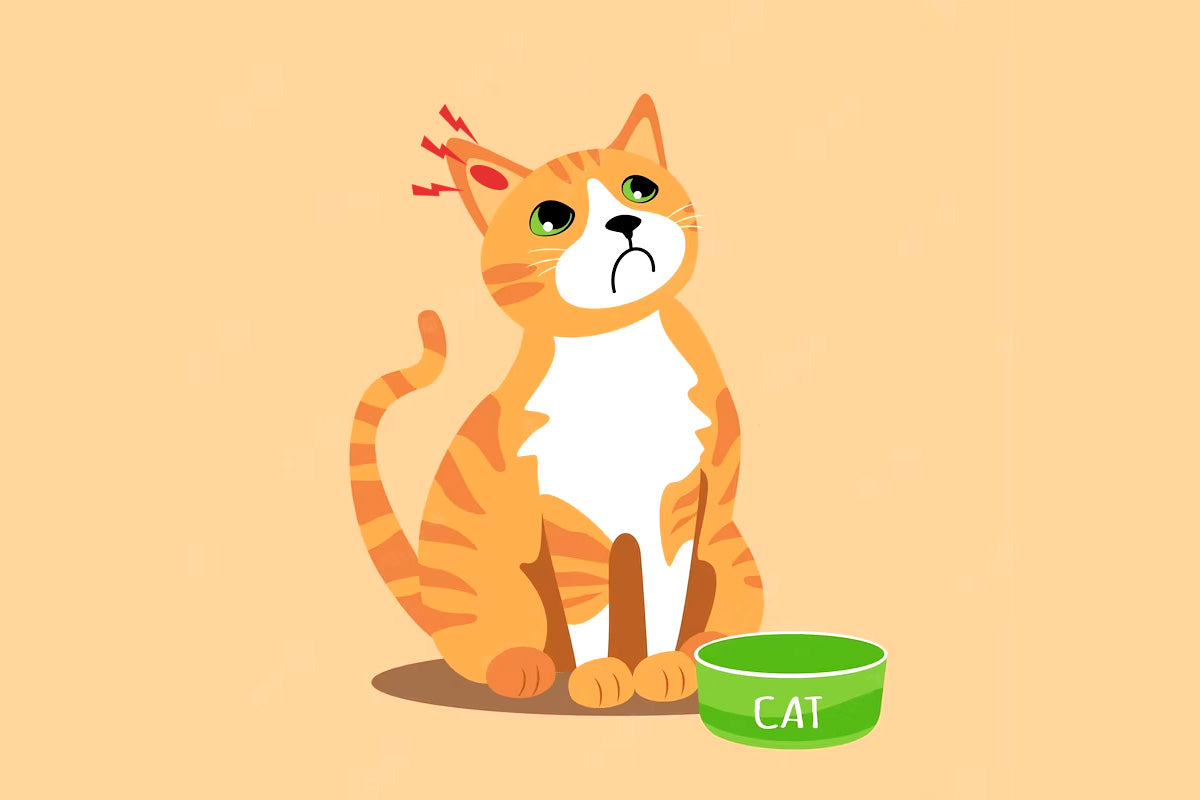Understanding Otitis Media:
Otitis media occurs when the middle ear becomes inflamed, often as a result of an underlying infection or other medical conditions. Pets suffering from otitis media may exhibit symptoms such as shaking their heads, scratching at their ears, ear discharge, and a reluctance to allow their ears to be touched. If you notice any of these signs, it's important to seek veterinary care promptly to alleviate your pet's discomfort.
Diagnosis and Treatment:
Upon visiting a veterinarian, a comprehensive examination will be conducted to determine the cause and severity of the otitis media. This may involve a thorough physical examination, microscopic ear examination, and potentially imaging studies like X-rays or CT scans. Identifying the underlying cause is crucial, as treatment approaches can vary.
Treatment often involves cleaning the affected ear(s) to remove debris and infection. This is usually performed by a veterinarian, as improper cleaning can worsen the condition. Depending on the cause, your veterinarian may prescribe topical or systemic antibiotics, anti-inflammatory medications, and pain relief to manage the inflammation and pain associated with otitis media.
Managing Pain:
Addressing pain is a key component of managing otitis media in pets. Pain relief medications can significantly improve your pet's quality of life while they recover. Your veterinarian will prescribe appropriate pain medications based on the severity of the condition and your pet's individual needs. It's important to follow the prescribed dosage and administration instructions closely.
Preventing Otitis Media:
Prevention plays a crucial role in maintaining your pet's ear health. Regular ear cleaning is recommended, but it's important to use only products specifically designed for pets and to follow your veterinarian's recommendations. Over-cleaning or using inappropriate cleaning agents can disrupt the delicate balance of the ear and lead to more problems.
For pets that are prone to ear infections or have certain predisposing factors, your veterinarian may recommend routine ear cleanings or even a specific maintenance plan. Additionally, maintaining proper hygiene, such as keeping your pet's ears dry and avoiding exposure to water in the ears, can help reduce the risk of otitis media.
The Importance of Veterinary Care:
Timely veterinary care is essential when dealing with otitis media or any other health concern in your pets. Never attempt to diagnose or treat your pet's condition without professional guidance. A veterinarian will not only accurately diagnose the issue but also provide the appropriate treatment and pain management plan tailored to your pet's needs.
In conclusion, otitis media can cause significant discomfort and pain for our beloved cats and dogs. Early detection, proper diagnosis, and prompt veterinary care are crucial in managing this condition effectively. By understanding the signs, seeking timely treatment, and following your veterinarian's guidance, you can ensure your pet's comfort and well-being, fostering a healthy and happy life for your furry friend.


